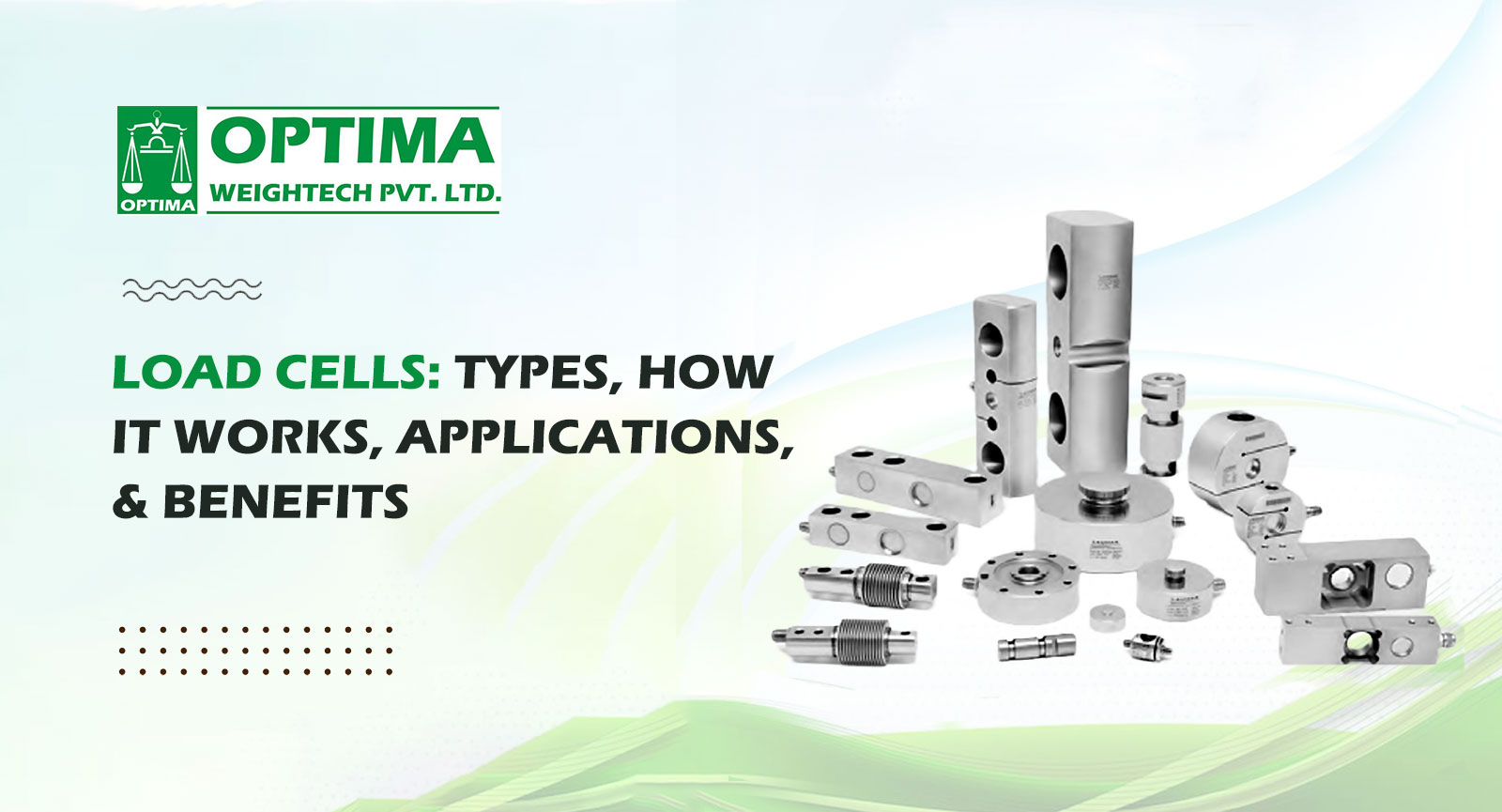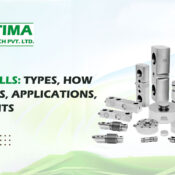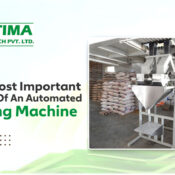
Load Cells: Types, How It Works, Applications, & Benefits
The load cell is a highly precise equipment used in the weighing industry. It consists of several sensors and checks the exact quantity of the weight when it is being transferred. In this post, we will understand the types of load cells, how they work, and it’s various applications.
Types of Load Cell
- Strain Gauge Load Cells:
It is one of the most common load cells, which operates through changes in the electrical resistance. The strain gauge functions on the elastic properties of the wire, which causes resistance. The load cell converts this stress into a load measurement, which is presented in the form of numbers.
- Hydraulic Load Cells:
This machine works on Pascal’s law, according to which when pressure is applied to a confined fluid, the pressure is transferred in all directions. When the weight is placed on the equipment, the fluid inside gets compressed and is converted into the sensor mechanism. The pressure in a fluid is directly proportional to the force applied to the load cell, which is presented as a weight measurement.
- Pneumatic Load Cells:
They use the air pressure to function. The pressure changes when the load is placed, the sensors get charged, which n turn is measured and converted. These kinds of load cells are used in hazardous environments like the chemical industry, where electricity cannot be used.
How Do Load Cells Work?
It changes the electrical properties of the load cell, converting it into a readable output that can be read in the form of numbers on the screen.
Applications of the Load Cell
- Weighting Industry: It can be used for weighing products in the kitchen, retail stores, warehouses, and conveyor belt scales.
- Marine Industry: A lot of cargo goods need to be weighed and moved once they reach the port. The load cells can be used for towing, anchor face measurement, and line tensions on the fishing boat.
- Medical industry: They are used in the medical industry, like hydraulics in medical applications, optical testing, like blood pressure on the human eye.
- Geotechnical industry: For monitoring dams, underground powerhouses are used during the construction projects to ensure that the structure of the given building is secure, monitoring long-term safety.
Benefits of Load Cell
- Precision: The load cell provides an accurate reading when it comes to measuring the force or the weight.
- Robust: The load cells are made from high-grade material, and they can withstand the harsh environment.
- Ease of Use: The load cells are not at all complicated and can be easily integrated into the existing system. So it allows digital displays and an automated process.
- Cost-Effective: It is a durable and highly functional equipment, which makes it cost-effective in the long run.
Final Words….
The load cell is a highly effective weight-measuring equipment with high-grade sensors, which makes the operations highly precise. Understanding the different kind of load cells and their working principles will help you make a wise decision when choosing this equipment. At Optima Weightech Pvt. Ltd, you will find a wide range of liquid filling machine load cells. The flexibility and rugged nature of the load cell will enhance the quality of operations. So, increase the productivity and fulfill the bulk order of demands, which can be easily adapted according to different needs.





